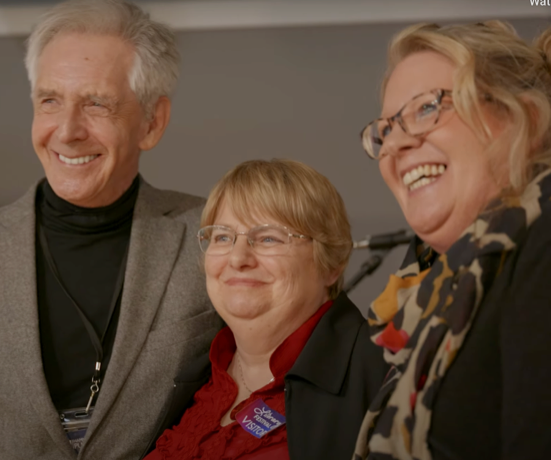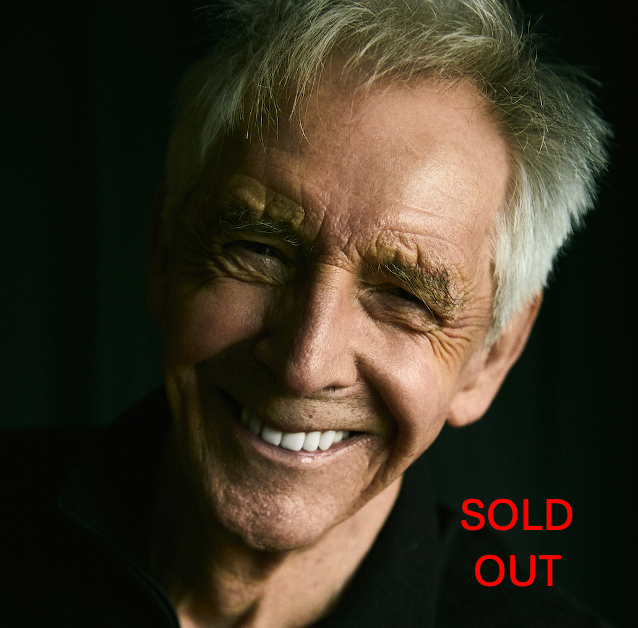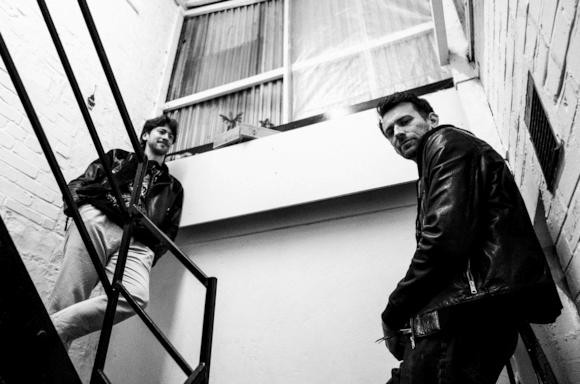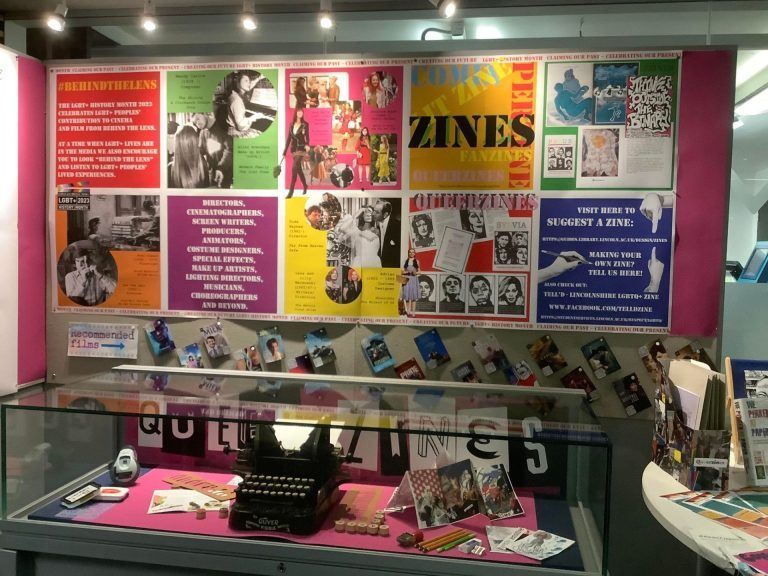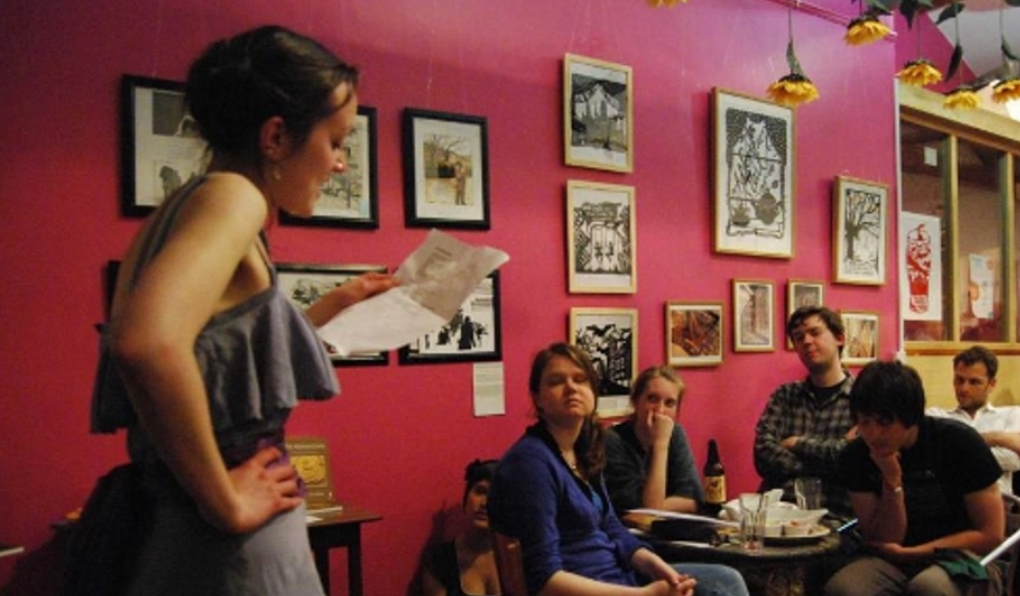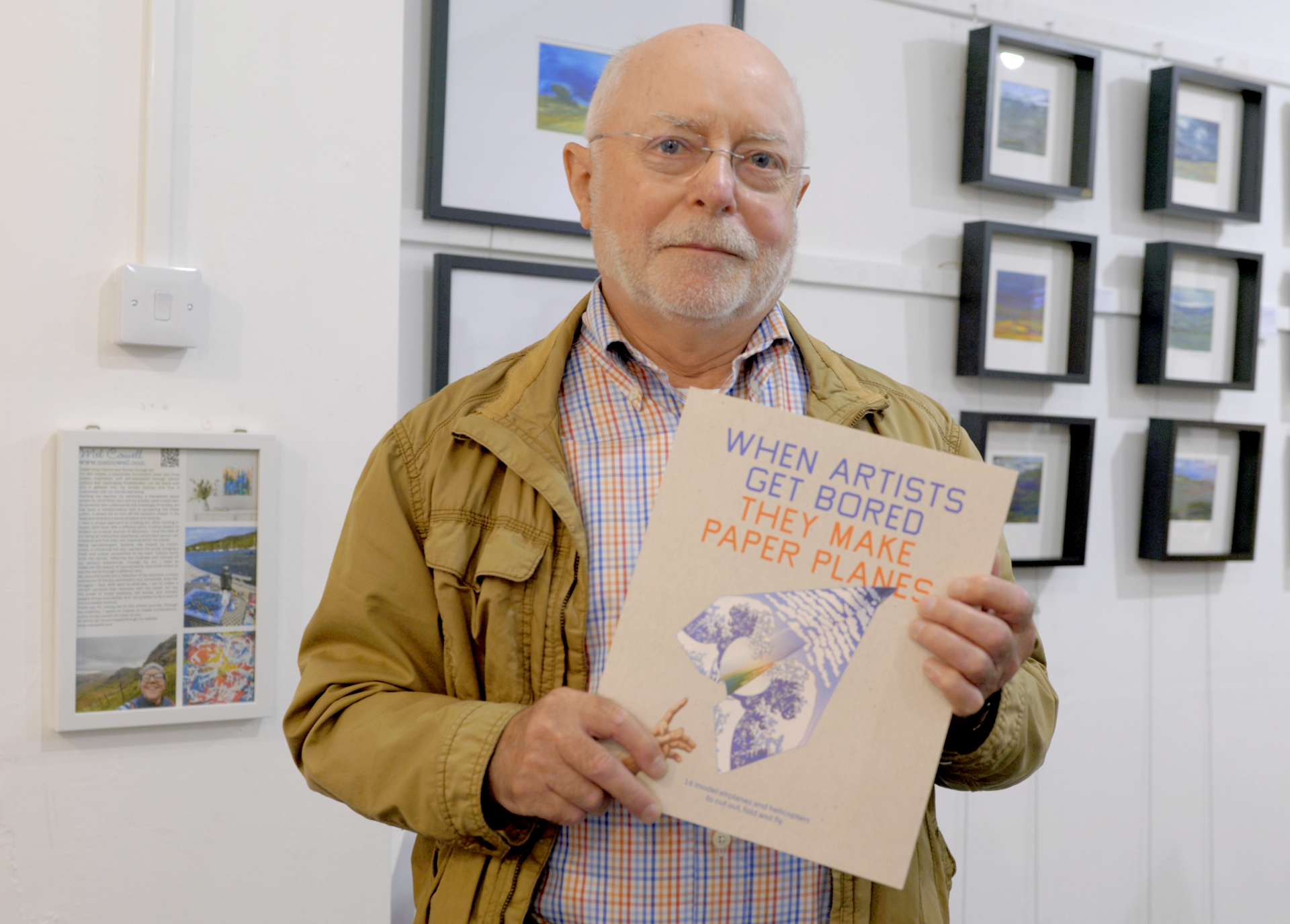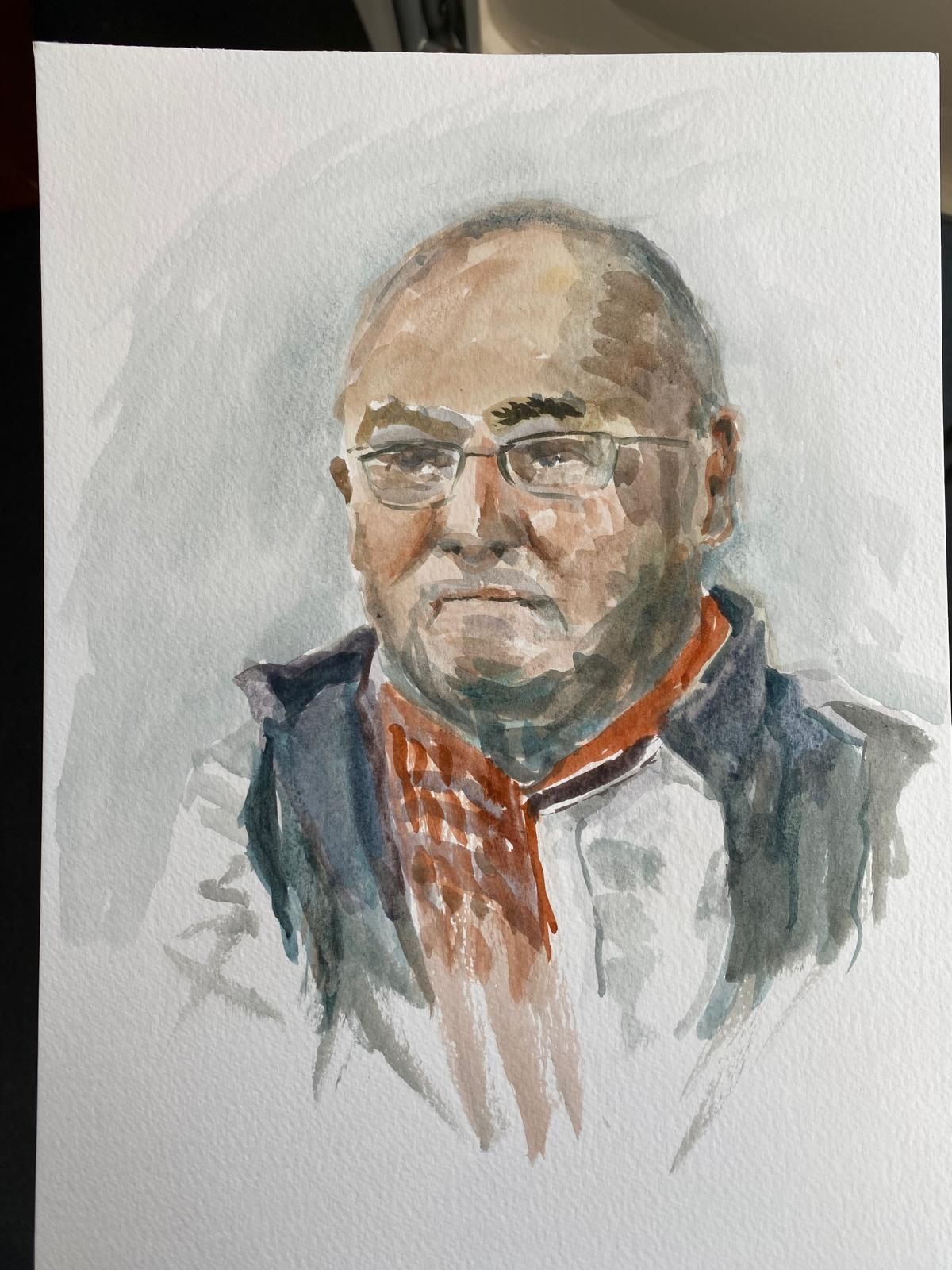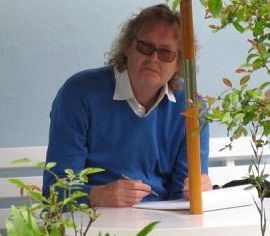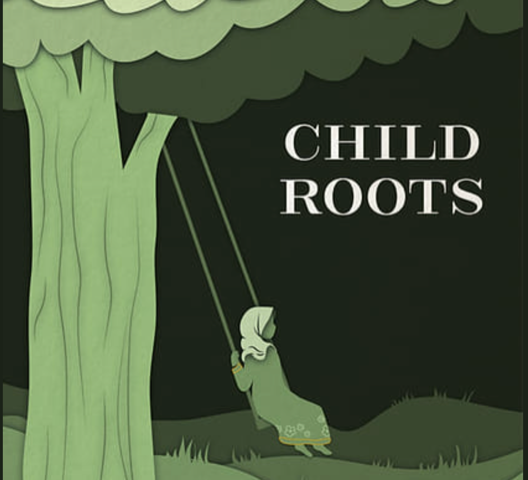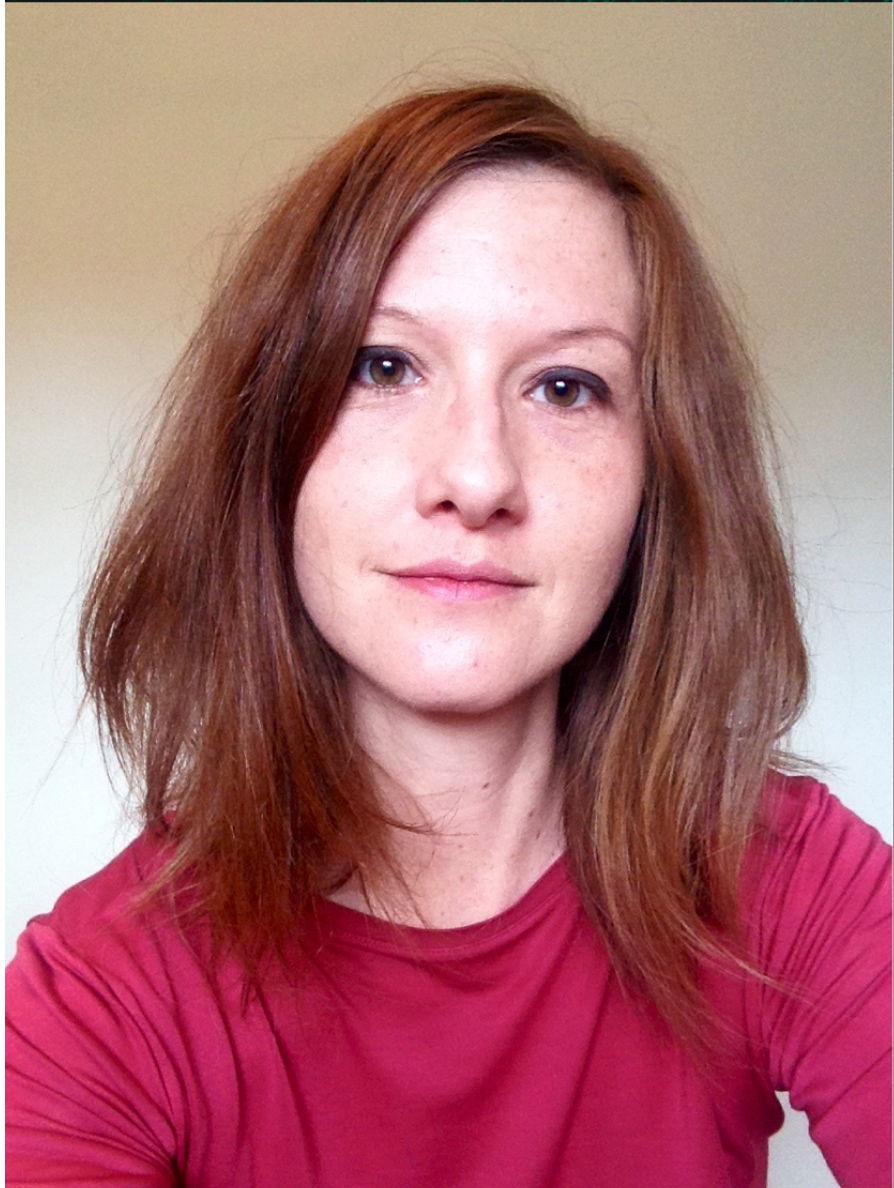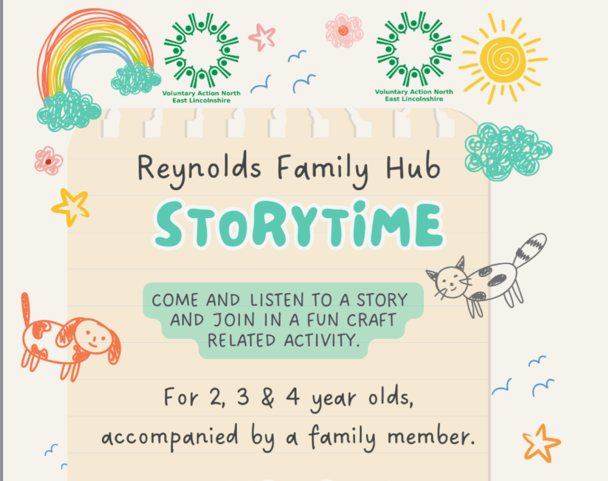TBC
Due to illness, this event has been rescheduled with a new workshop leader. See the workshop with Philippa East
Activity
Plots Twists and Emotion: create compelling plots, build characters readers love, explore the toolbox of tension, convince your readers, and generate enthusiasm and confidence.
Plots Twists and Emotion
This is a one-day workshop led by million-selling thriller writer Nick Louth, aimed at giving you the tools and confidence to build compelling plots, to bring to life characters that readers will love, and develop stunning twists that keep them turning the pages long into the night.
With a combination of discussion, small-group exercises, and individual assignments, you will tackle the following elements of plot creation.
• The premise: You will learn how to develop that big idea that makes a book special, and something that will stand out from the crowd, and we will look at some of the big ideas from the masters of the genre.
• Conflict and tension. These essential elements form part of every book, from the most flowery romance or historical drama, right through to the grittiest action thriller. You will learn how to generate and channel tension in different situations, build and sustain it, and take it to a climax.
• Character. The characters in your novel each have their own journey to make, sometimes in great danger, and their shoulders take the weight of the plot, as they grow and change by interacting with each other and the circumstances you throw at them. The idea of an epiphany is often an important element in that journey, and brings a piquant satisfaction to writer and reader alike. We move beyond two-dimensional goodies and baddies to seek deeper connections, and make them real.
• Setting. A hugely important element, which can add instant zest to a story, intensifying conflict or poignancy. The love story set on the Titanic on its maiden voyage is a well-know example, making us fear for our protagonists’ survival, as would one set in London’s WWII blitz or modern-day Gaza.
• Common plot motifs. There are dozens of types of story, and you need to know where yours fits in. Is it ‘love across the divide’, like Romeo and Juliet? Is it ‘It’ll be alright on the night’ like The Full Monty? We look at various types.
• Viewpoint. Who is our storyteller? The angle with which we approach our plot and the voice it is told with, can make or break the story you have to tell. In Amadeus, the genius of Mozart, was brought to us brilliantly through the jealous eyes of his contemporary Salieri. In Schindler’s List, we get to see the Holocaust,a grim subject for any film or book, through the lens of Oskar Schindler, a man dedicated to saving lives.
• Believability. Part character, and part research, you have to be able to convince readers. Some research may be painstaking, but much can be easy and quick.
• Getting information across. Any story requires description, dialogue, and many other methods of keeping the reader in the picture. What do you show, and what takes place ‘off-stage’? How do you use modern media – a TV in view over a shoulder, a mobile phone text, or an overheard remark to seamlessly move the story on?
• Twists. Readers are smart and savvy, and it’s your job to throw them off the scent. The role of the red herring is important, and creating twists that come from nowhere is a vital part of the narrative thread.
• The big reveal. A key moment in any mystery or thriller, where you finally let the reader know either who the culprit is, or what is the core of the plot. Sometimes this is before the story has reached the climactic peak, sometimes after.
• Climax. Every novel has an emotional chart, where excitement builds over time. The big climatic scenes can be either noisy and action packed, or more a personal resolution, depending on the type of story.
• Denouement. This is where you tie up the loose ends and draw matters to a close.
………………………….
Nick Louth is a million-selling thriller author and an award-winning journalist.
His debut thriller Bite was self-published in 2007 before becoming an Amazon No1 best-seller in 2014,and being translated into six languages. The first DCI Craig Gillard book, The Body in the Marsh, was published by Canelo in September 2017, and eleven more titles in the series are available in ebook, paperback and audio.
In January 2023 he secured an eight-book deal with Canelo and WF Howes for a new crime fiction series set in Devon. The first thriller in this series, featuring Detective Inspector Jan Talantire, was published in May 2024.
After graduating from the London School of Economics in 1979, Nick Louth was a foreign correspondent for Reuters, working in New York, Amsterdam, London and Hong Kong. Freelance from 1998-2014, he wrote for the Financial Times, Investors Chronicle, Money Observer and MSN. His Investors Chronicle piece ‘Making Sense of Chaos’ won the article of the year award from for the UK Chartered Financial Analysts Society in 2014.
He is married and lives in Lincolnshire.
More Events and Workshops...
Wednesday, February 26th 10:00 - 4:00
Wednesday, January 22nd 7:00 - 9:00
Sat 8th Feb - Sat 22nd Feb
Saturday, February 15th 9:00 - 5:00
Saturday, February 15th 1.00pm - 3.00pm
Friday 21st February 7.00 - 9.00pm
Wednesday, February 26th
Saturday, February 22nd 9:00 - 5:00
Wednesday, February 26th 10:00 - 11:00
Wednesday, February 26th 11:15 - 12:15
Wednesday, February 26th 10:00 - 12:00
Wednesday, February 26th 10:00 - 12:00
Wednesday February 26th 1.00pm
Wednesday, February 26th
Wednesday, February 26th
Wednesday, February 26th 11:00 - 12:00
Wednesday, February 26th 11:00 - 12:00
Wednesday, February 26th 10:00 - 11:00
Wednesday, February 26th
Wednesday February 26th
Wednesday February 26th
Wednesday February 26th
Wednesday, February 26th 11:15 - 12:15
Wednesday, February 26th 10.00 - 11.00
Saturday, February 15th 9:00 - 5:00
Tuesdays, February 25th 10:00 - 11:00 am

Championing creative talent.
Serving the community.
Useful Links
All Rights Reserved | Hammond House Ltd | Privacy Policy


